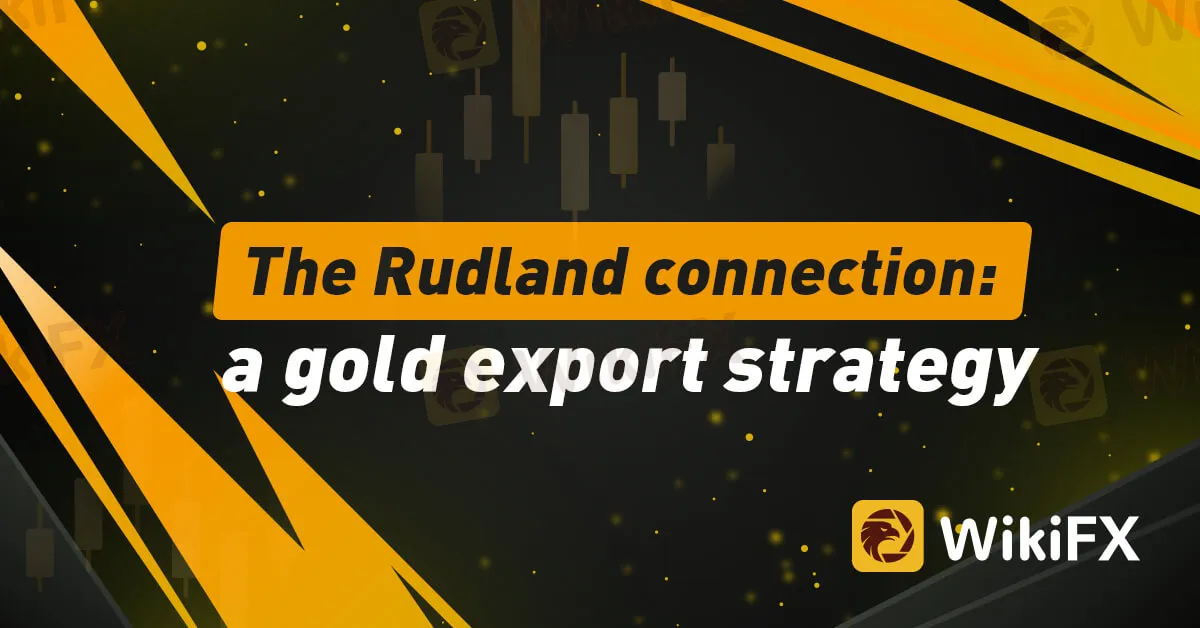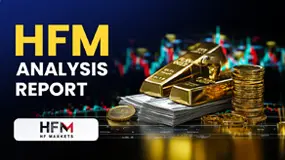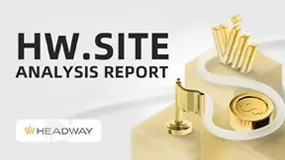Abstract:There is evidence linking the infamous Rudland family of Zimbabwe, which is attempting to take control of Tongaat Hulett, to Rappa, the gold refinery that the South African Revenue Service (SARS) is pursuing for an alleged multi-billion rand gold VAT fraud.

There is evidence linking the infamous Rudland family of Zimbabwe, which is attempting to take control of Tongaat Hulett, to Rappa, the gold refinery that the South African Revenue Service (SARS) is pursuing for an alleged multi-billion rand gold VAT fraud.
The circumstantial evidence refers to connections between Howard Jon Baker, who is listed as the largest shareholder of Rappa, and Simon Rudland, who owns the contentious Gold Leaf Tobacco Corporation (GLTC).
Rudland, Baker, and GLTC are all being represented by the same attorney, Raees Saint, who said to amaBhungane, “The Company [Rappa] has no connection to Simon Rudland, and your claims that this ”holding company“ ”controls the refinery“ are untrue. Any dissemination of inaccurate information in this respect will be vehemently resisted.”
His clients “would not allow any indication of any criminal behaviour,” he added, adding that any mention of such behavior will be handled with in the proper legal forum.
Gary Bickerton, the company's CEO, likewise directed our inquiries to Saint, who did not expressly deny that he also represented Rappa.
This alleged connection between the Rudlands and Rappa may shed additional light on how Simon's brother and longtime business colleague Hamish Rudland's relatively unknown Magister Investments managed to raise R2 billion to acquire control of Tongaat. Magister Investments is registered in Mauritius.
“Neither Hamish Rudland nor Magister are under any duty to provide private corporate information to you, and neither we nor Hamish Rudland consent to your publishing of any private or confidential material,” a lawyer for Magister informed amaBhungane.
Who is Rappa's mastermind?
The names of the beneficial owners of Rappa Management were concealed when the Competition Tribunal approved the company's bid to acquire the Rappa gold refinery in July 2019.
The Tribunal did, however, point out that Aulion Global Trading DMCC, a firm with its headquarters in Dubai, and its operations were relevant to the competition evaluation of the proposed deal.
Because Aulion “formed part of the Rappa Management group of companies” and was competing to acquire the South African company, the Tribunal said that Aulion exclusively purchases semi-refined gold bars from Rappa Resources in South Africa.
In other words, the owner of the Dubai business that purchased gold bars from the refinery and the new company that submitted a proposal to take over the South African refinery were the same.
Howard “Howie” Baker was the proclaimed owner of Aulion and Rappa Management at the time of the acquisition, and as a result, the gold refinery that SARS is looking into, according to AmaBhungane, which has now confirmed this.
Howard Baker: Who is he?
Baker is well-known in the polocrosse community for having represented South Africa and Zimbabwe in the past. He is also not a recent entry into the market for used gold.
Despite having a little internet profile, he served as a director of “the Gold Kid Trading” from 2013 to 2015.
According to corporate documents obtained by amaBhungane, Baker acquired a 42.5% stake in the close corporation in 2013/14, when the business generated close to a billion rands in revenue.
Intriguingly, one of Gold Kid's original members, Andries Greyvenstein, was found guilty last year of “illegal trading and unlawful possession of unwrought precious metals,” according to a Hawks press release. Gold Kid was a big source of gold to Rappa in prior years.
The center of this alleged operation is Rappa Resources, a sizable gold refinery that reportedly purchases tons of illegal gold that has been smuggled into the legal supply chain before exporting it and claiming significant VAT refunds.
Since SARS ceased paying out its VAT claims, Rappa has aggressively contested the tax authority in a number of court proceedings, maintaining that SARS is engaged in a witch hunt.
Bradland and Baker
Although they did not give any proof of this, and as previously mentioned, Rudland's lawyer has denied any such participation, three unnamed people identified Baker as a friend of Simon Rudland and described Rudland as being a behind-the-scenes figure in the Rappa gold operation.
However, there are indisputably linked events.
First off, the organization (supposedly owned by Baker) that gained control of the refinery in 2019 had only one director: attorney Raees Saint, a guy inextricably linked to Simon Rudland's tobacco empire. Saint was the one who answered our inquiries on behalf of Baker and Rudland.
GLTC's lawyer and publicist is Saint. When the tobacco firm was still a part of the Freetrade Independent Tobacco Association (FITA), a trade association for smaller cigarette manufacturers, he represented the company.
Rudland was shot in 2019 in what appeared to be an assassination attempt outside the association's headquarters.
Saint became the head of a brand-new organization, the South African Tobacco Organisation, when Rudland and FITA split amicably (SATO).
SATO's co-directors, a Zimbabwean and a Malawian, are both connected to companies that work closely with GLTC, thus it's plausible that SATO is acting as GLTC's proxy. Saint vehemently contests this.
Another Baker firm, Paloma Precious, based in the United Arab Emirates, lends credibility to the Baker-Rudland connection. According to his LinkedIn page, Craig Preston has worked for this firm since 2018 while also working for the Pioneer Development Company in Zimbabwe. Both Hamish Rudland and Simon appear to be connected to Pioneer, and the latter has previously acknowledged serving as the company's director.
In addition, Preston later joined Rappa Holdings' board of directors in February 2020.
This implies that a worker for Rudland is both a worker for Baker and a director of the gold refinery.
which results
when smoke is present
Three senior officials at the specialized corporate financial services provider received an email from Amanda Gie, the head of FX operations at Sasfin Bank, on September 15, 2017.
“GOLD LEAF TOBACCO CORPORATION PTY LTD,” reads the subject line. The contentious “cheaper” cigarette manufacturer GLTC is run by Simon Rudland and his business partner Ebrahim Adamjee.
Gie wrote to her Sasfin superiors, “Business is of the view that it would be in Sasfin Bank's best interest to discontinue the connection with the customer with immediate effect since the bank faces image, financial, and major regulatory ramifications.”
In the transactions that Sasfin was threatened with, GLTC in South Africa was invoiced millions of rands for tobacco, cigarette-making equipment, and associated supplies by a network of firms operating in secretive nations like Dubai and Mauritius.
Gie was worried that certain vendors resembled “invoice factories” that produce documentation indicating seemingly valid transactions to mislead banks and regulators when sizable sums of money leave the country.
If accurate, the goal of such a scam would be for GLTC to swindle money out of South Africa.
One name jumped out among the suppliers Gie identified, though: Aulion Global Trading, Baker's Dubai gold broker, which appeared to have sent GLTC two bills totaling over R400 million.
In other words, Sasfin believed Baker had assisted Rudland's business in externalizing capital.










